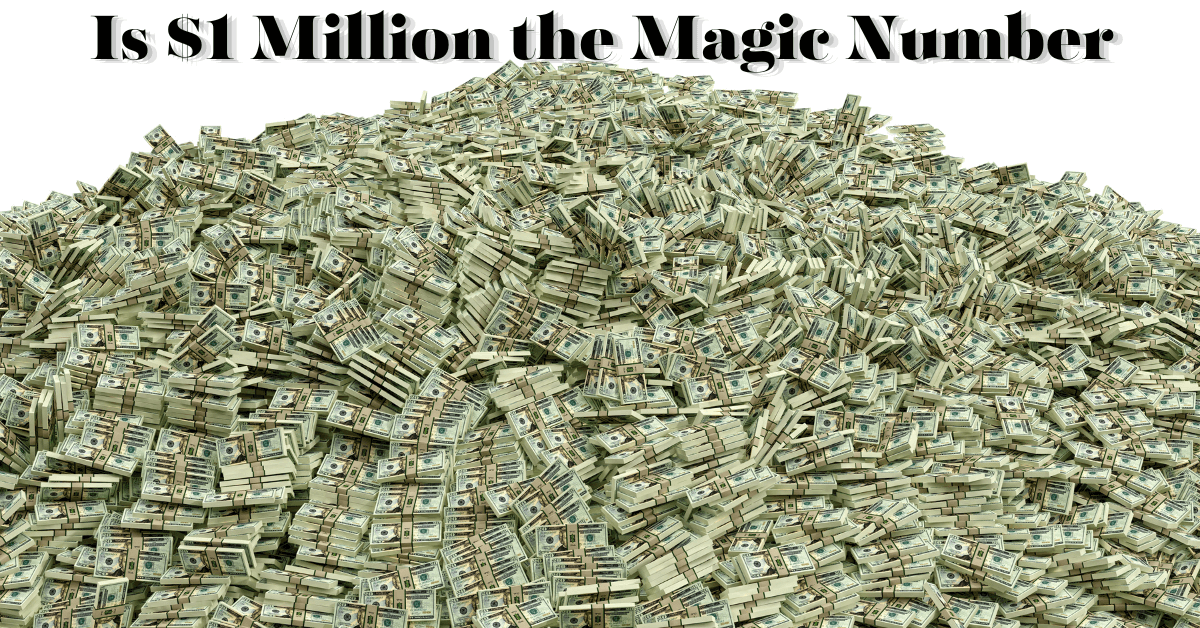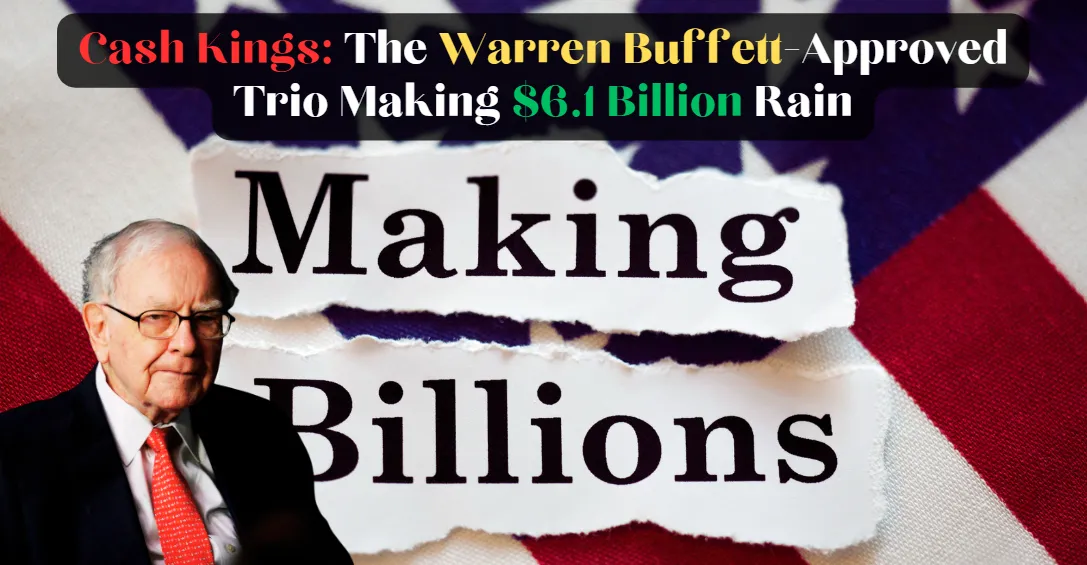
Tesla’s Legal Woes: DOJ and SEC Investigate Musk’s Glass House Project
In a recent turn of events, Tesla, the electric vehicle juggernaut led by the enigmatic Elon Musk, finds itself entangled in two separate federal investigations. These probes center around potential misuse of company resources, primarily in the context of Musk’s personal interests. This article will delve into the details of these investigations, the implications they carry, and their broader significance for Tesla.
The Glass House Project
The Wall Street Journal’s groundbreaking report has unveiled the first layer of this complex investigation. Federal prosecutors from the U.S. Attorney’s Office for the Southern District of New York, along with the Securities and Exchange Commission (SEC), are now digging deep into Tesla’s expenditures related to a secretive project. This project, shrouded in secrecy, is believed to be a lavish glass house located in greater Austin, Texas. Speculation is rife that this property is intended for the personal use of none other than Tesla’s CEO, Elon Musk.
Misrepresentation of Battery Range
In a parallel line of inquiry, the Manhattan federal prosecutors are scrutinizing whether Tesla deliberately misrepresented the battery range of its electric vehicles. Such charges have been made against Tesla before. Back in July, Reuters reported instances where Tesla electric cars fell short of their advertised range. Furthermore, the touchscreens in these vehicles allegedly displayed inaccurate remaining range information to drivers. Such alleged misrepresentation could have significant repercussions for the company.
Ongoing Legal Complexities
Tesla’s ongoing legal troubles extend beyond these two investigations. In their last quarterly earnings report, the company revealed that it regularly receives requests for information from various regulators and governmental authorities, including the National Highway Traffic Safety Administration, the National Transportation Safety Board, the SEC, the Department of Justice (DOJ), and various state, federal, and international agencies. Tesla has consistently cooperated with these requests, which encompass a wide array of matters.
A Look Back at the SEC’s Involvement
It’s worth revisiting the SEC’s previous engagement with Tesla. In September 2018, the SEC charged Elon Musk and Tesla with civil securities fraud over Musk’s tweets. These tweets claimed that he was contemplating taking Tesla private at a price of $420 per share, asserting that funding was secure. Following this, Tesla and Musk entered into a settlement agreement with the SEC. Under the terms of the agreement, Musk had to step down as chairman for three years, and his tweets containing material business information had to be reviewed by a securities lawyer within Tesla before being posted.
Subpoenas and Compliance
The SEC’s scrutiny did not stop there. Subsequently, they issued subpoenas to Tesla concerning the company’s governance processes and compliance with the settlement agreement. This ongoing oversight demonstrates the regulatory body’s vigilance in monitoring Tesla’s adherence to its obligations.
DOJ’s Interest in Autopilot
Tesla’s legal challenges extend to the Department of Justice as well. In Tesla’s second-quarter financial filing for 2023, it was disclosed that the DOJ had sought documents related to Tesla’s Autopilot and Full Self-Driving (FSD) features. This inquiry suggests that the DOJ is exploring the safety and operational aspects of these advanced driver assistance systems.
NHTSA Investigation
Adding to Tesla’s regulatory woes, the National Highway Transportation and Safety Administration (NHTSA) has been investigating possible safety defects in Tesla’s driver assistance systems. These systems, marketed under various names such as Autopilot, Enhanced Autopilot, Full Self-Driving, and FSD Beta, have been the subject of scrutiny following a series of incidents in which Tesla vehicles reportedly collided with stationary first responders’ vehicles.
In conclusion, Tesla’s recent entanglement with federal investigations underscores the growing scrutiny surrounding the company’s operations. These probes touch upon issues ranging from the potential misuse of company resources for personal gain to allegations of misrepresenting product capabilities. As the investigations unfold, their outcomes will undoubtedly impact not only Tesla but the broader landscape of electric vehicle manufacturing and regulation.
Tesla’s Legal Woes: DOJ and SEC Investigate Musk’s Glass House Project
In a recent turn of events, Tesla, the electric vehicle juggernaut led by the enigmatic Elon Musk, finds itself entangled in two separate federal investigations. These probes center around potential misuse of company resources, primarily in the context of Musk’s personal interests. This article will delve into the details of these investigations, the implications they carry, and their broader significance for Tesla.
The Glass House Project
The Wall Street Journal’s groundbreaking report has unveiled the first layer of this complex investigation. Federal prosecutors from the U.S. Attorney’s Office for the Southern District of New York, along with the Securities and Exchange Commission (SEC), are now digging deep into Tesla’s expenditures related to a secretive project. This project, shrouded in secrecy, is believed to be a lavish glass house located in greater Austin, Texas. Speculation is rife that this property is intended for the personal use of none other than Tesla’s CEO, Elon Musk.
Misrepresentation of Battery Range
In a parallel line of inquiry, the Manhattan federal prosecutors are scrutinizing whether Tesla deliberately misrepresented the battery range of its electric vehicles. Such charges have been made against Tesla before. Back in July, Reuters reported instances where Tesla electric cars fell short of their advertised range. Furthermore, the touchscreens in these vehicles allegedly displayed inaccurate remaining range information to drivers. Such alleged misrepresentation could have significant repercussions for the company.
Ongoing Legal Complexities
Tesla’s ongoing legal troubles extend beyond these two investigations. In their last quarterly earnings report, the company revealed that it regularly receives requests for information from various regulators and governmental authorities, including the National Highway Traffic Safety Administration, the National Transportation Safety Board, the SEC, the Department of Justice (DOJ), and various state, federal, and international agencies. Tesla has consistently cooperated with these requests, which encompass a wide array of matters.
A Look Back at the SEC’s Involvement
It’s worth revisiting the SEC’s previous engagement with Tesla. In September 2018, the SEC charged Elon Musk and Tesla with civil securities fraud over Musk’s tweets. These tweets claimed that he was contemplating taking Tesla private at a price of $420 per share, asserting that funding was secure. Following this, Tesla and Musk entered into a settlement agreement with the SEC. Under the terms of the agreement, Musk had to step down as chairman for three years, and his tweets containing material business information had to be reviewed by a securities lawyer within Tesla before being posted.
Subpoenas and Compliance
The SEC’s scrutiny did not stop there. Subsequently, they issued subpoenas to Tesla concerning the company’s governance processes and compliance with the settlement agreement. This ongoing oversight demonstrates the regulatory body’s vigilance in monitoring Tesla’s adherence to its obligations.
DOJ’s Interest in Autopilot
Tesla’s legal challenges extend to the Department of Justice as well. In Tesla’s second-quarter financial filing for 2023, it was disclosed that the DOJ had sought documents related to Tesla’s Autopilot and Full Self-Driving (FSD) features. This inquiry suggests that the DOJ is exploring the safety and operational aspects of these advanced driver assistance systems.
NHTSA Investigation
Adding to Tesla’s regulatory woes, the National Highway Transportation and Safety Administration (NHTSA) has been investigating possible safety defects in Tesla’s driver assistance systems. These systems, marketed under various names such as Autopilot, Enhanced Autopilot, Full Self-Driving, and FSD Beta, have been the subject of scrutiny following a series of incidents in which Tesla vehicles reportedly collided with stationary first responders’ vehicles.
In conclusion, Tesla’s recent entanglement with federal investigations underscores the growing scrutiny surrounding the company’s operations. These probes touch upon issues ranging from the potential misuse of company resources for personal gain to allegations of misrepresenting product capabilities. As the investigations unfold, their outcomes will undoubtedly impact not only Tesla but the broader landscape of electric vehicle manufacturing and regulation.
FAQs
- What is the Glass House Project?
- The Glass House Project is a secretive endeavor by Tesla, believed to be a spacious glass house in Texas, potentially for Elon Musk’s personal use. It is under investigation for potential misuse of company resources.
- What are the allegations regarding battery range misrepresentation?
- Tesla is being investigated for allegedly misrepresenting the battery range of its electric vehicles, with reports suggesting that the advertised range did not align with real-world performance.
- What was the SEC’s previous involvement with Tesla and Elon Musk?
- In 2018, the SEC charged Elon Musk and Tesla with civil securities fraud over Musk’s tweets about taking Tesla private. This led to a settlement agreement, which included Musk stepping down as chairman.
- What is the Department of Justice (DOJ) investigating in relation to Tesla?
- The DOJ is seeking documents related to Tesla’s Autopilot and Full Self-Driving (FSD) features, indicating an inquiry into the safety and operation of these systems.
- What is the NHTSA investigating regarding Tesla’s driver assistance systems?
- The National Highway Transportation and Safety Administration (NHTSA) is investigating possible safety defects in Tesla’s driver assistance systems, including incidents involving collisions with stationary first responders’ vehicles.





